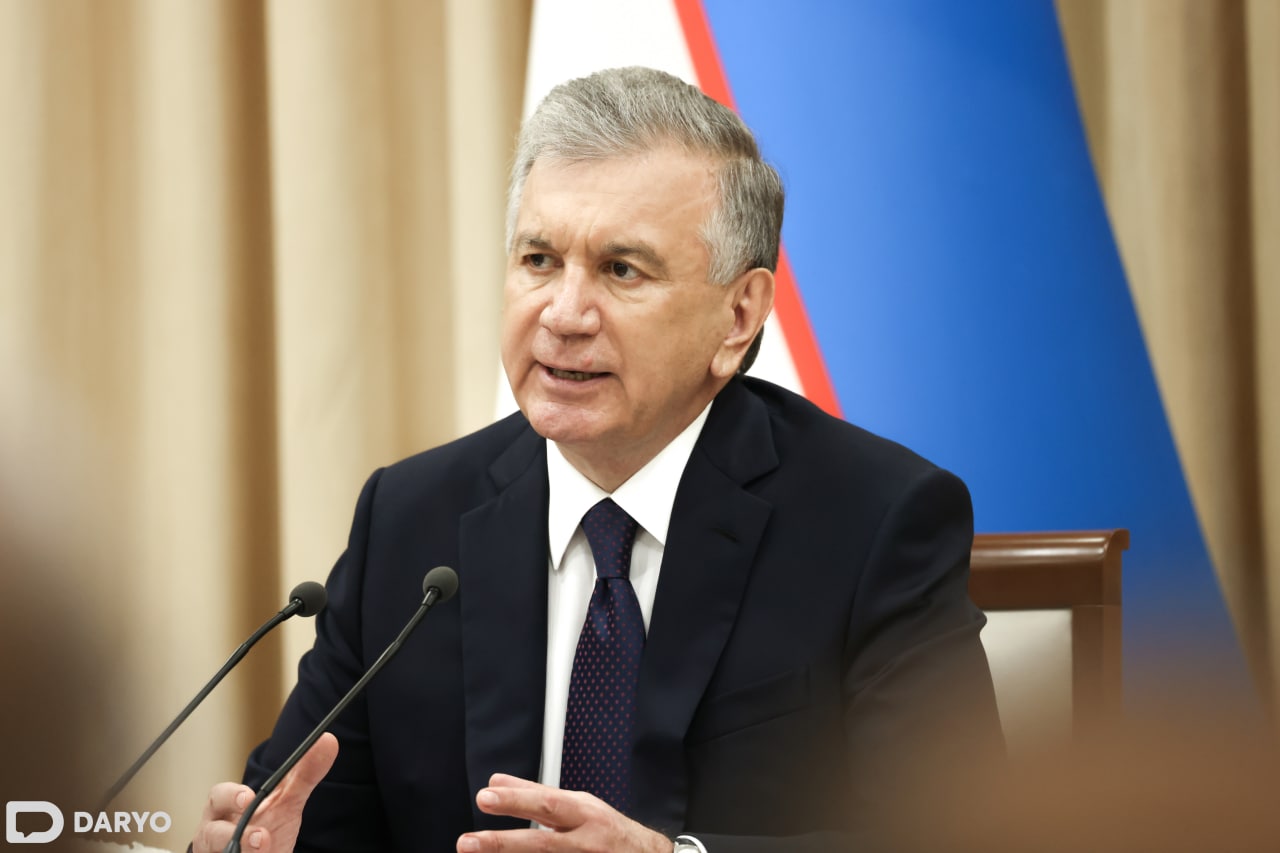Shavkat Mirziyoyev addressed the people of Uzbekistan on the occasion of December 3 - International Day of Persons with Disabilities. This was reported by the press service of the president.
In his address, the head of state underpinned the step-by-step transition from the outdated medical model of determining disability to the universally recognized social model. He also noted the primary importance given to persons with disabilities being able to use them without any hindrance.

Shavkat Mirziyoyev:
Dear fellow citizens!
Today, in our country, the protection of the honour and dignity of a person, ensuring his legitimate rights and interests are defined as priority areas of state policy. At the same time, particular importance is given to the care for citizens with disabilities.
All our efforts are deeply imbued with the ideas of humanism and are consistent with the goals and objectives of the International Day of Persons with Disabilities - on December 3rd.
On this day, widely celebrated in the country, as in other countries of the world, I express my sincere respect and best wishes to almost 1 million of our citizens with disabilities.
As is known, in Uzbekistan, society and the state are taking large-scale measures to provide persons with disabilities with the necessary assistance, and their active involvement in public and political life. Currently, a number of structures specializing in supporting such people are effectively operating, in particular, the Society of the Disabled of Uzbekistan, the Association of the Disabled, the Society of the Blind, and the Society of the Deaf.
The most important thing is that none of the compatriots who, by the will of fate, turned out to be disabled, is left without the attention and care of our people and state bodies. Thanks to their work and abilities, they occupy a worthy place in society, their will, perseverance and the best human qualities serve as an example for many.
We highly appreciate your good aspirations and express our deep gratitude to all of you for your active participation in the social and economic life of the country.
Comments (0)